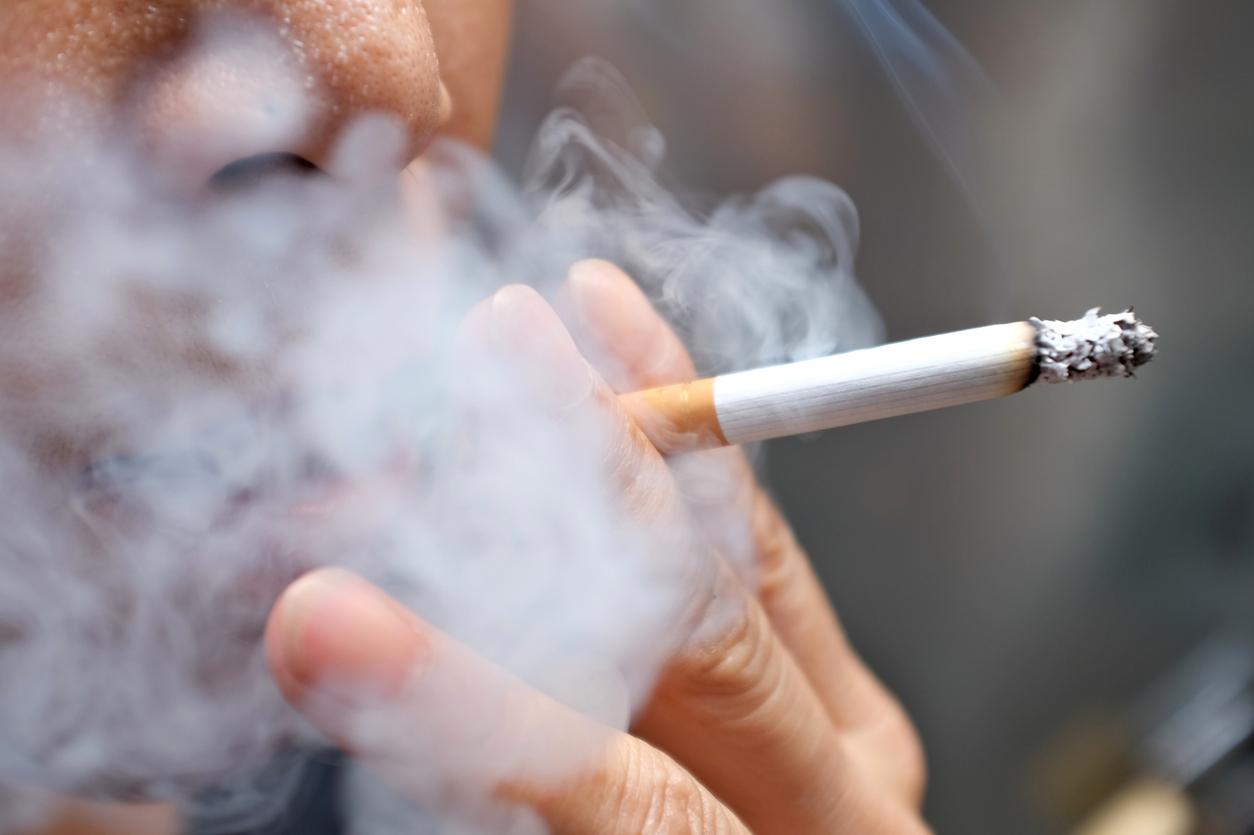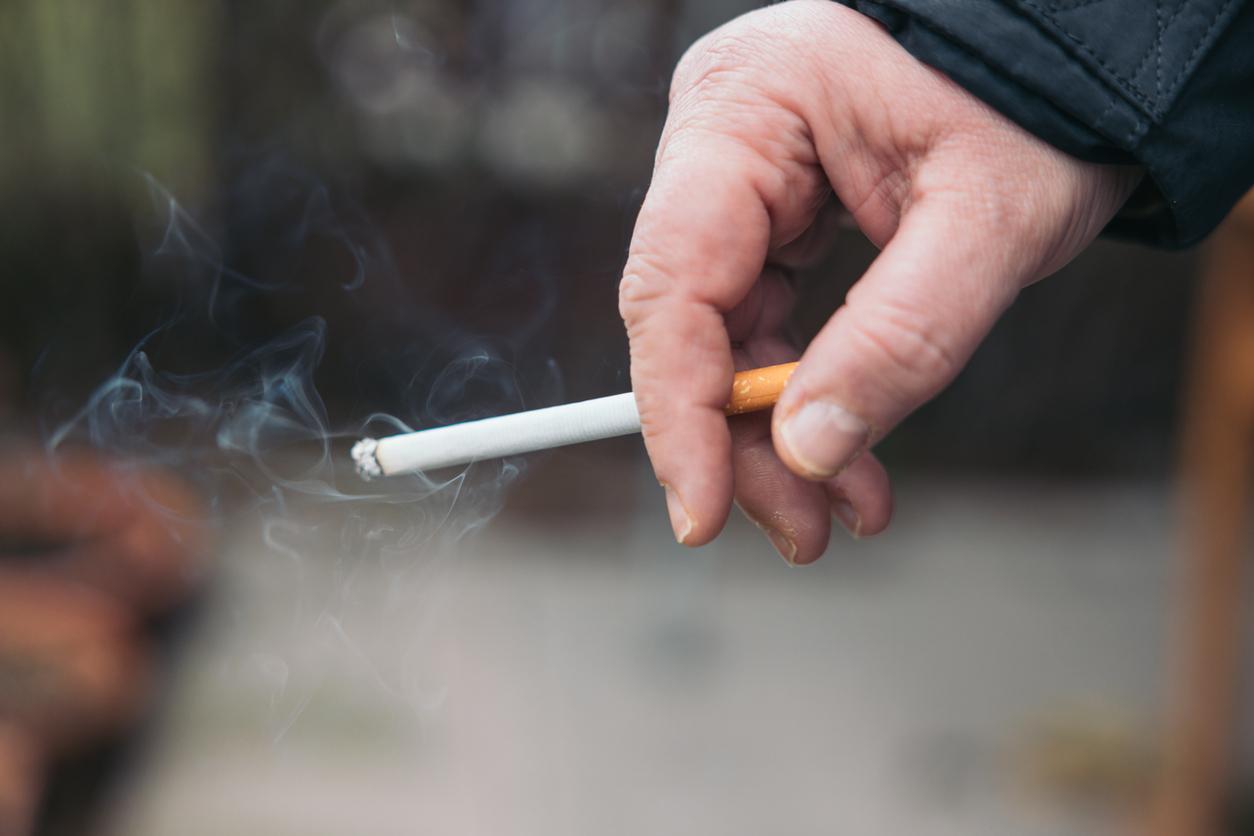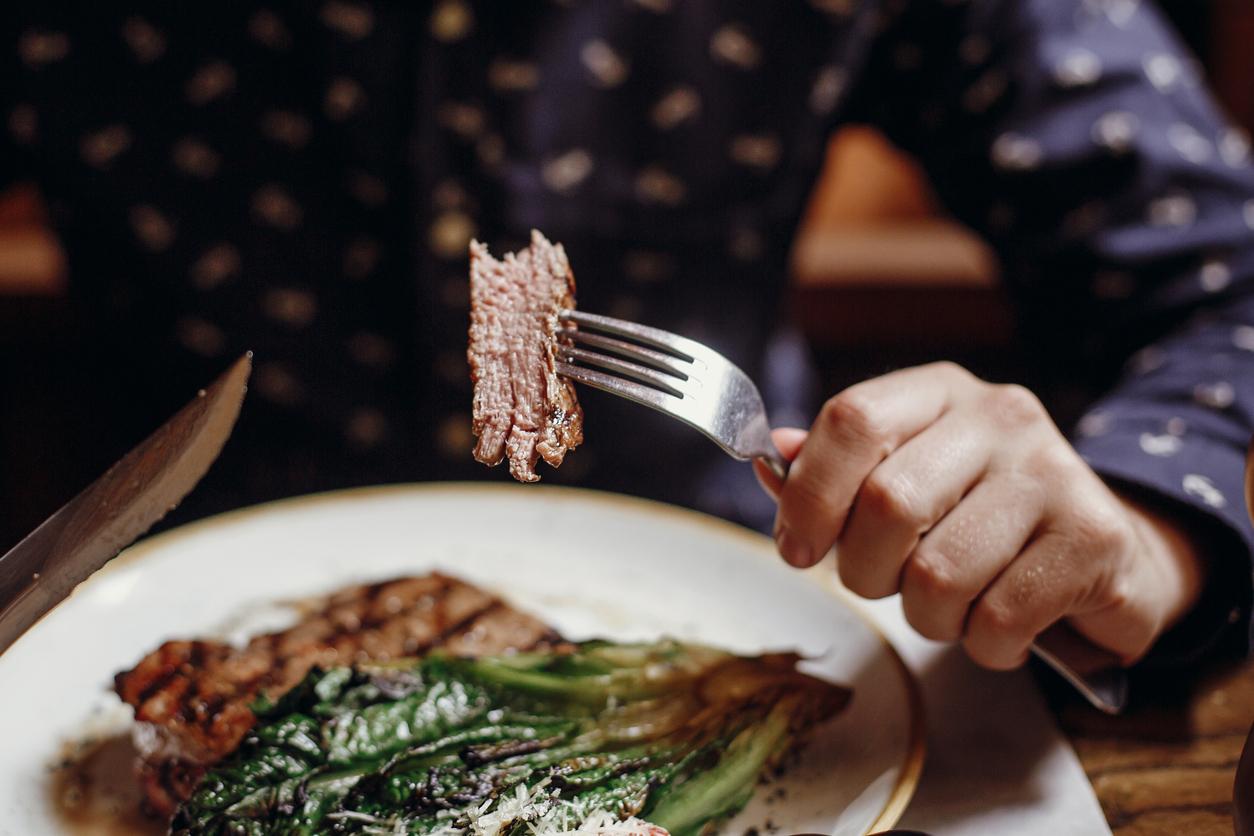After quitting smoking, some smokers gain weight, although their diet has not changed. According to Israeli researchers, the intestinal microbiota could play a role in this increase in body mass.

- Weight gain can be a barrier to quitting smoking.
- The microorganisms in our intestines could be involved in weight gain after quitting smoking.
- A metabolite, present in people who do not smoke, is less present in smokers. When a person quits smoking, a metabolic imbalance occurs.
Do you necessarily gain weight after quitting smoking? This is one of the questions that some smokers ask themselves before trying to quit smoking. According to Nathalie Wirth, a doctor specializing in addictology at the Nancy Regional University Hospital, one in three smokers who quit smoking does not gain weight. “Another third takes 3 to 4 kilos, finally a last third can take ten kilos”, she told the France Assos Santé organization.
Some smokers gain weight after quitting, even though they haven’t changed their diet. According to scientists from the Weizmann Institute in Israel, the intestinal microbiota could be involved in this increase in body mass after smoking cessation.
To reach this conclusion, the researchers conducted a study published in the journal NatureDecember 8. “Weight gain induced by smoking cessation (4.5 kg gained on average every 6 to 12 months, or about 10 per year in 13% of people who have quit smoking) is a major obstacle to smoking abstinence” , can we read in the works.
A link between the microbiota and weight gain after smoking cessation
For the purposes of this research, the scientists performed experiments on mice. They exposed these rodents to cigarette smoke. Experiments showed that mice exposed to cigarette smoke and fed a high-fat diet did not gain weight. In contrast, rodent body mass increased when they were no longer exposed to smoke.
To establish a link between the microbiota and weight gain after smoking cessation, the study authors grafted the gut microbiota of mice, which did not inhale cigarette smoke, into rodents without microbiota. and who have not been exposed to this smoke. This transplant led to “excessive weight gain regardless of diet”, the scientists said. They explained that a metabolite (an organic compound produced during metabolism), present in people who do not smoke, is less present in smokers. When a person quits smoking, a metabolic imbalance occurs.
“Our findings shed new light on how the microbiome interacts with the human body to regulate our weight and metabolism, which could be harnessed therapeutically,” said Eran Elinav, researcher at the Weizmann Institute and author of this study. The researchers clarified that further studies need to be conducted in humans to confirm the relevance of this mechanism in smokers.
.















